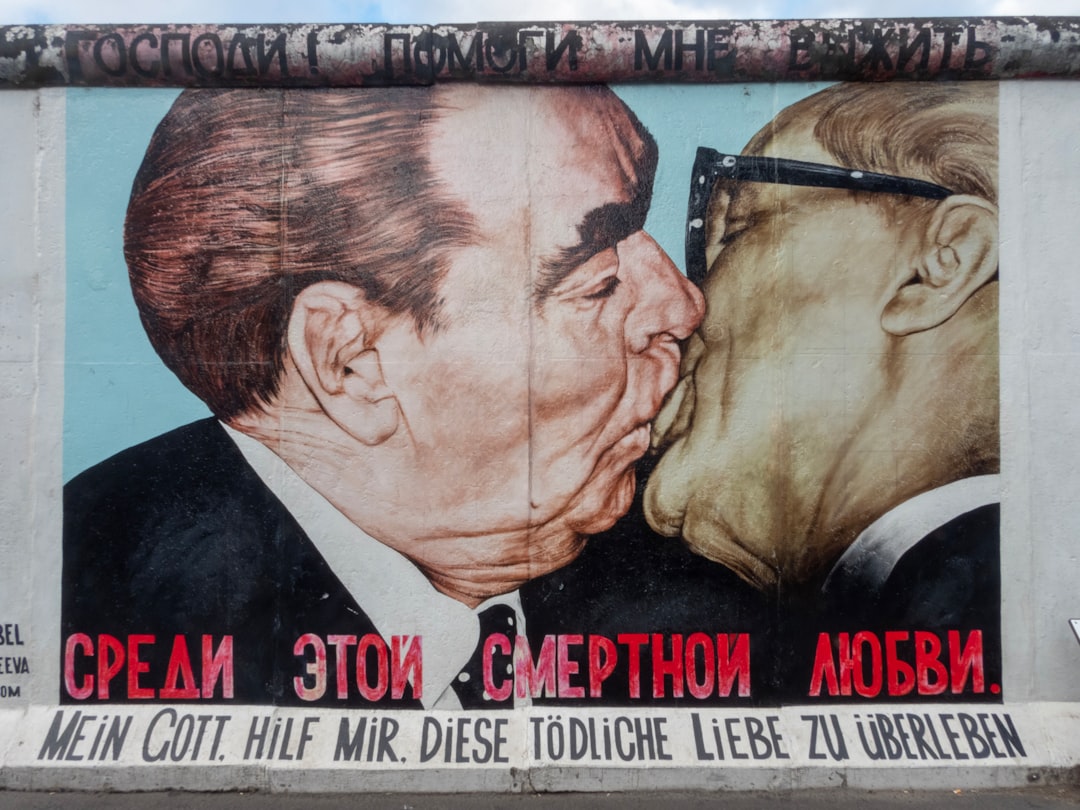What is it about?
The editorial introduces issue 21.1 of Technoetic Arts via a critical reflection on the artificial intelligence hype (AI hype) that emerged in 2022. Tracing the history of the critique of Large Language Models, the editorial underscores that the recent calls for slowing down the development of AI, as promoted by the technology industry, do not signify a shift towards reason and considerate economics. Instead, as these calls are firmly embedded in narratives where the power to decide for the majority of humanity lies solely with the CEOs of AI companies, they are indicative of a relentless pursuit of economic interests. The technology industry has consistently downplayed criticism over the years.
Featured Image

Photo by Edu Lauton on Unsplash
Why is it important?
While patterns of creative output can be replicated without a thorough understanding of underlying concepts, the editorial highlights the distinction between the current AI technology's reliance on extensive pre-existing human-generated data for pattern recognition and the performative process inherent in art practice. This performative process, as explored through the conceptual frameworks of creativity by Noam Chomsky, Charles Sanders Peirce, and Roger T. Ames and with reference to an earlier publication of the editorial's author, continually 'strives to extend itself towards the unknown.'
Perspectives
Following this introductory section, the editorial provides an overview of the ten articles featured in this issue of Technoetic Arts. The first four texts engage with emerging technologies from various perspectives in art and design. The subsequent six articles, part of a special section titled 'Perspectives from Chandigarh,' reflect a quest for meaningful existence within colonial, patriarchal, and biopolitical structures that frame everyday practices of exclusion and oppression.
Dr. Claudia Westermann
Xi'an Jiaotong-Liverpool University
Read the Original
This page is a summary of: Turning queries into questions: For a plurality of perspectives in the age of AI and other frameworks with limited (mind)sets, Technoetic Arts, August 2023, Intellect,
DOI: 10.1386/tear_00106_2.
You can read the full text:
Resources
Contributors
The following have contributed to this page










